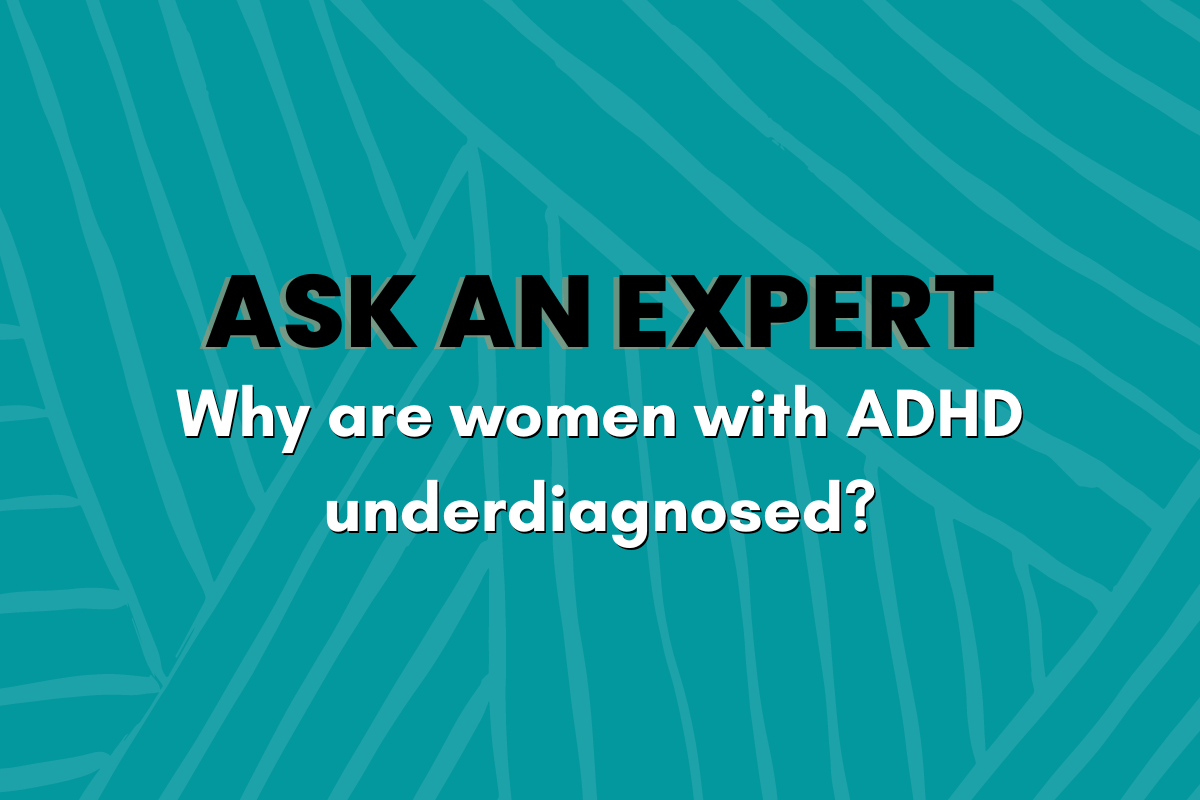
We spoke with medical doctor and psychiatry resident Dr Kieran Kennedy and adult psychiatrist Dr Peter Hoey to find out why women with ADHD are often underdiagnosed.
Here what's they had to say.
As girls are less likely to be diagnosed than boys, the prevalence of ADHD in women is largely under-recognised.
"Gendered notions of illness and diagnosis is something that’s followed medicine throughout its history - but when it comes to mental health, this has all too often been blown far beyond what the science really shows," said Dr Kennedy.
"Whether it’s that men don’t struggle with depression or that girls don’t become hyperactive or suffer from ADHD, there are conditions we’ve come to wrongly label in the past as affecting one sex or the other," he said.
"Another factor at play is that medicine and mental health aren’t blankets of the same struggles or symptoms - a mixture of genetics, biology, gender pressure and culture can all impact how men and women present when it comes to certain illnesses."
A 2018 study aimed to pinpoint what differentiated both boys and girls who met the diagnostic criteria for ADHD. It was found that parents seemed to underrate girls' hyperactive and impulsive symptoms, while overrating those of boys.
It was also found that girls who met the criteria displayed more emotional or behavioural problems than girls who didn’t. This was not the case for boys.

